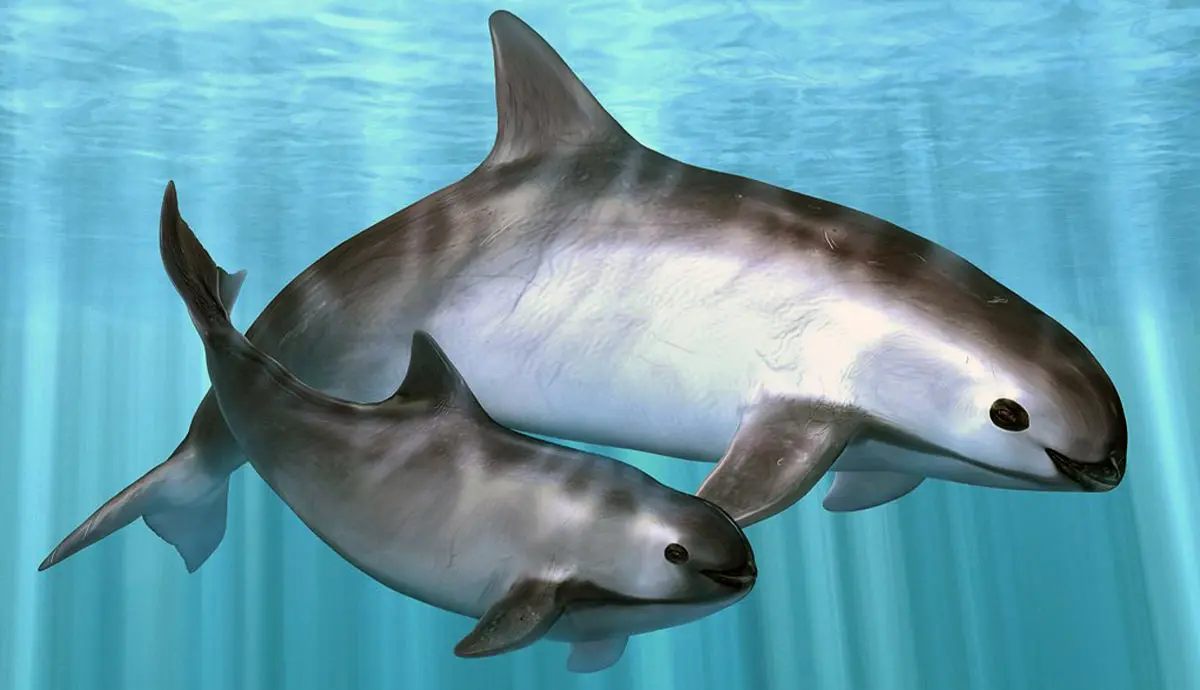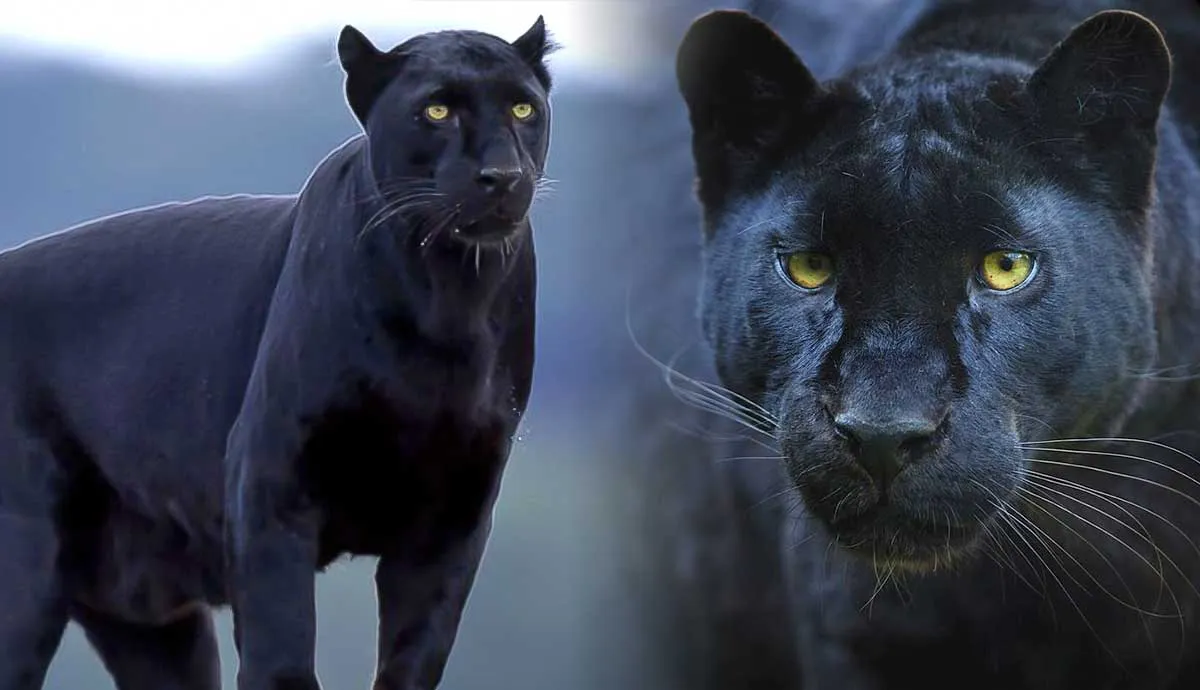There are many animals on this stunning planet of ours that are difficult to come by or have dwindled in number to the point of seeming scarcely to exist. Out of all of these, the rarest animal on earth is one that has captured the hearts and attention of both scientists and nature lovers - the tiny and elusive vaquita. Unfortunately, this striking marine mammal is on the brink of extinction in 2023. Here’s what you need to know about this creature and the challenges it's facing.
The Enigmatic Vaquita
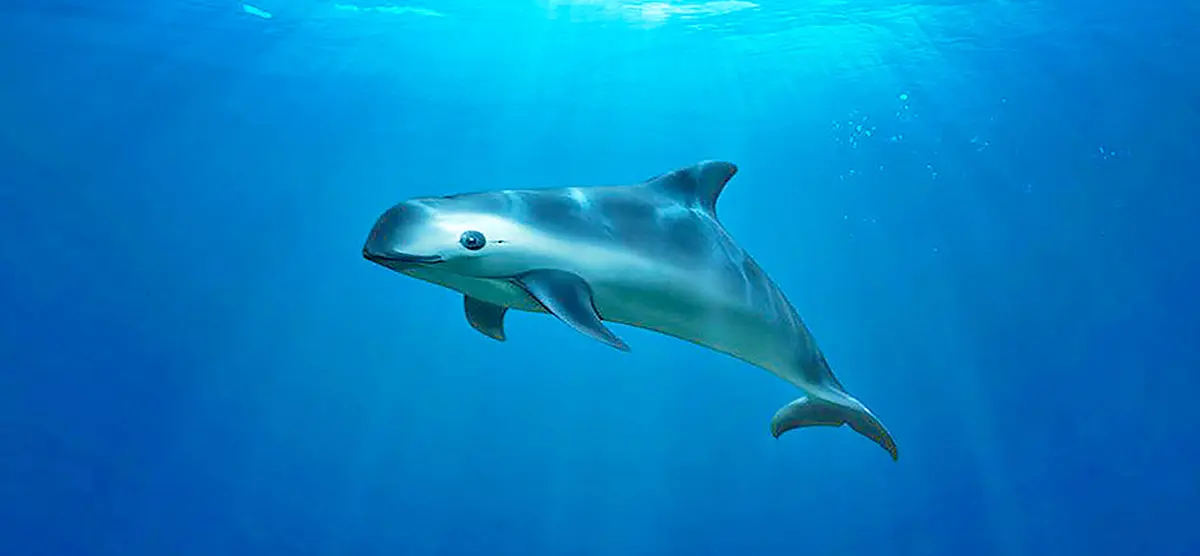
What, exactly, is a vaquita, you ask? Other than being one of the most elusive animals, this minute oceanic mammal is a species of porpoise that measures up to about five feet long and can weigh up to 120 lbs. Their unique facial markings are something special that sets them apart - they have thick black rings around their eyes, and their smiling mouths are painted black, too, likening them to little underwater panda bears.
Despite their oceanic teddy bear appearances, ‘vaquita’ is Spanish for ‘little cow’, which somehow makes sense too! Their coloration is mostly grey with some darker and lighter tones in various parts of their body, and they have a tall and triangular dorsal fin that helps them move quickly through the water. These creatures are a rare beauty and it’s a real crisis that they’re on the brink of extinction.
Habitat and Unique Adaptations
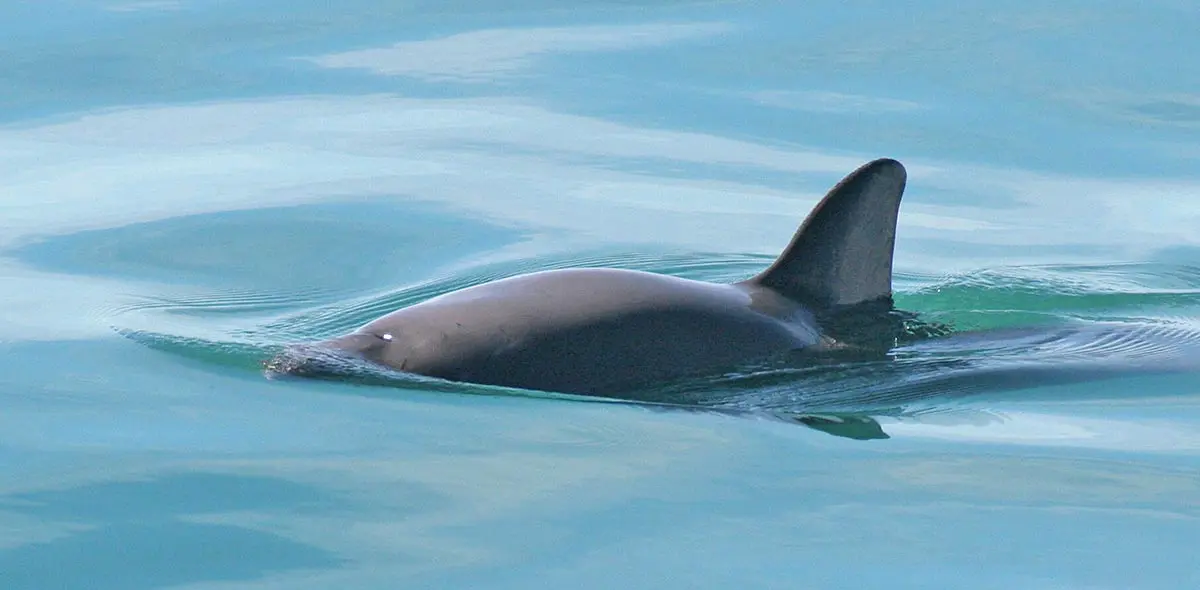
Vaquitas are only found in the upper Gulf of California, a spot of water known as the Sea of Cortez, Mexico. This happens to be the smallest range of any marine mammal - they’re really picky about where they like to live!
They prefer shallow, murky waters that are warmer and closer to the shoreline, as this allows them easier access to food. Vaquitas make use of echolocation (much like killer whales) to help them navigate their way around the waters and locate their prey, which is an incredible adaptation. Echolocation refers to the production of intense, high-frequency clicks that bounce as sound waves off objects in the vicinity, creating an echo. Vaquitas use the echo to gather information about their surroundings since it’s harder to see in the murky waters they frequent.
The Dilemma: Vaquitas and Bycatch
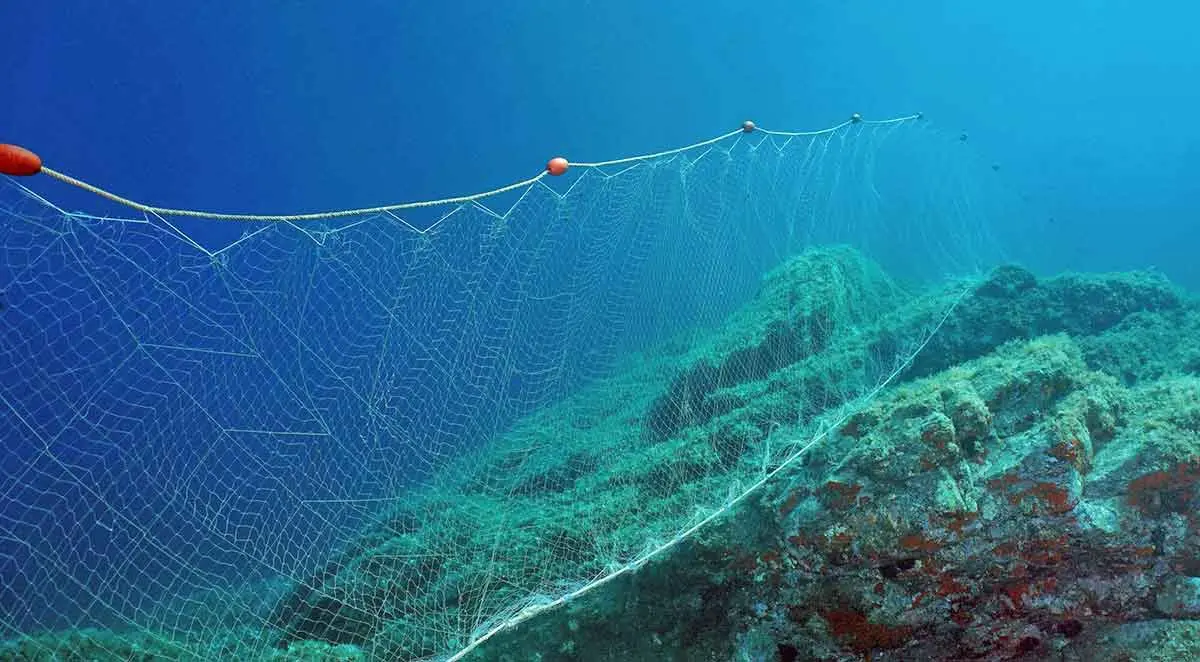
Why exactly are these beautiful and interesting creatures so endangered? As you might have expected, humans are the problem.
Vaquitas are facing borderline extinction due to the unethical and illegal fishing practices in the area. The porpoises get trapped in gillnets (flat fishing nets) that are cast out vertically in the water intended to catch totoaba. The totoaba fish is hunted for its swim bladder and its use in Chinese medicine and is itself an endangered species because of these practices.
Bycatch (the unintended catching of non-targeted marine creatures) is said to kill hundreds of thousands of whales, dolphins, and porpoises every year - and the vaquita has all but been wiped out by this issue.
Studies by environmentalists have reported that there are only around ten vaquitas left in Mexico’s waters, and if the nets don’t stop, that number will surely reach zero.
A Glimmer of Hope
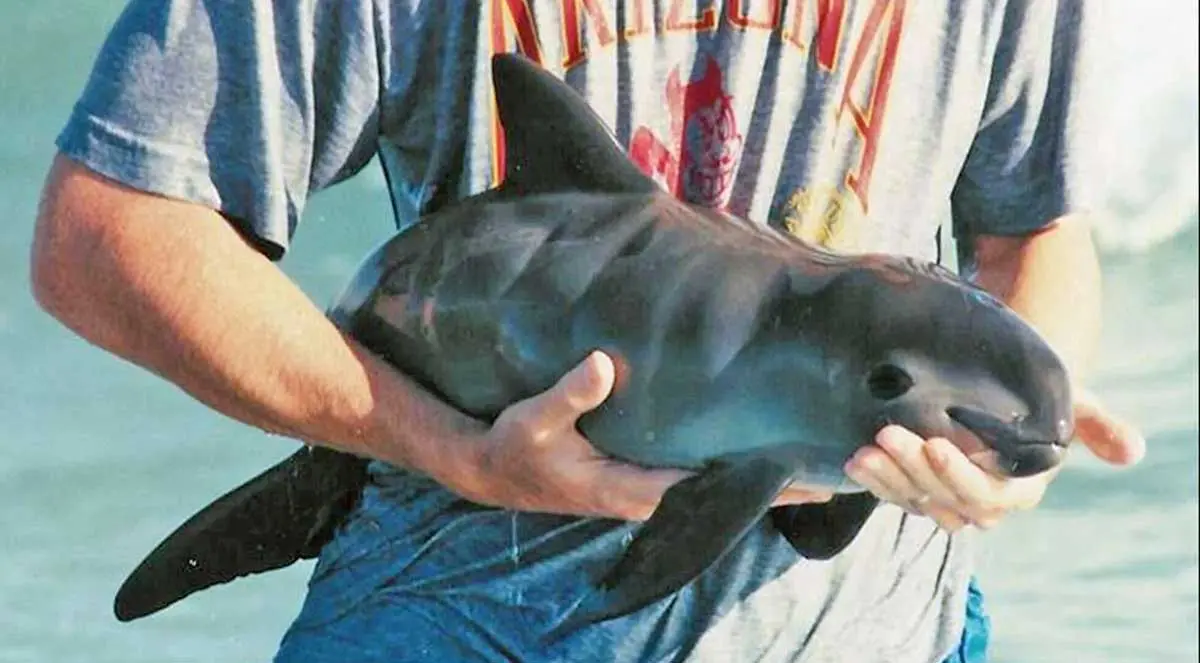
Fortunately, there are international organizations, governments, and conservations worldwide that have recognized the urgency of this issue and are rallying to save the elusive vaquita. The International Whaling Commission issued its first “extinction alert,” recognizing that the gillnets currently in use need to be substituted with alternative fishing gear.
Their hope has been reignited by the sightings of at least one new baby calf, which means that vaquitas are still breeding, and if the illegal fishing and bycatching comes to an end soon, these mammals might still survive and escape extinction.
The Mexican government has also contributed to the fight by introducing stricter regulations around illegal fishing and offering incentives for more sustainable fishing practices.
The Road Ahead
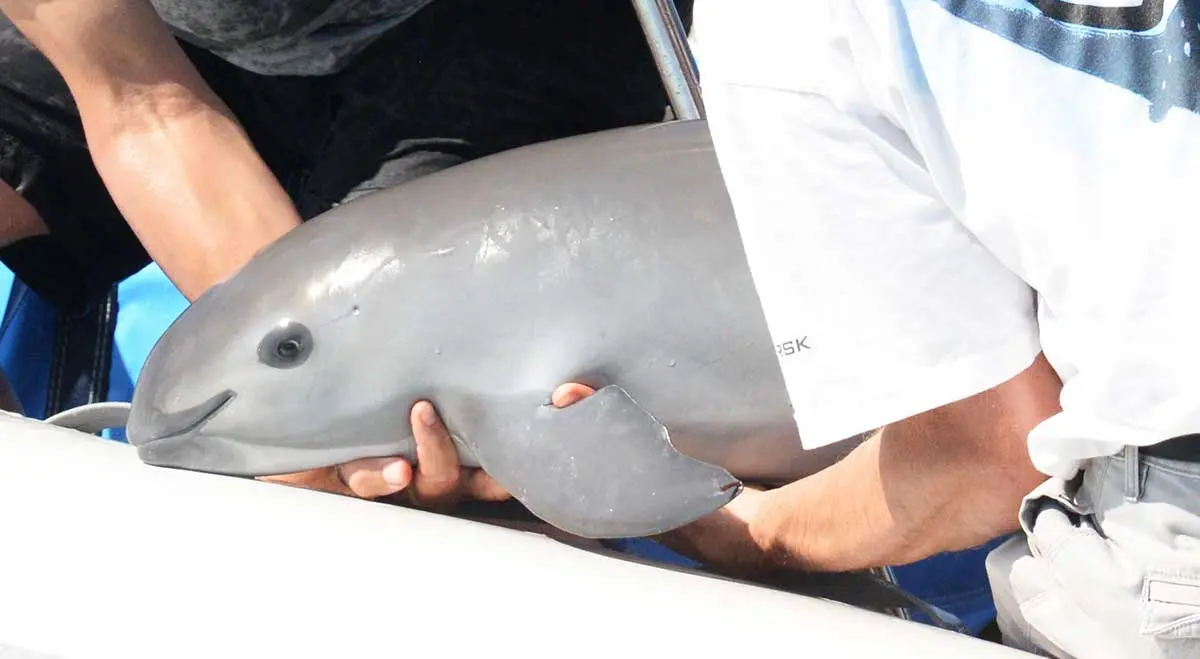
Going forward, the totoaba trade is going to continue to be an obstacle to the livelihood of vaquitas (and, of course, totoabas as well). Illegal and unethical fishing practices might decrease, but they likely won’t be stopped completely, at least in the near future.
This is why vaquita conservation, protection, and recovery, will play an essential role on the road ahead. Conservation teams will need to continue to rescue the existing vaquitas and protect them under human care until it is safe for them to return to their habitats, while simultaneously fighting for the end of the illegal fishing practices that will otherwise be their downfall.
Donations and spreading awareness about this critically endangered creature is one small way we can all support the conservation efforts and contribute to preserving its life in the long term.
